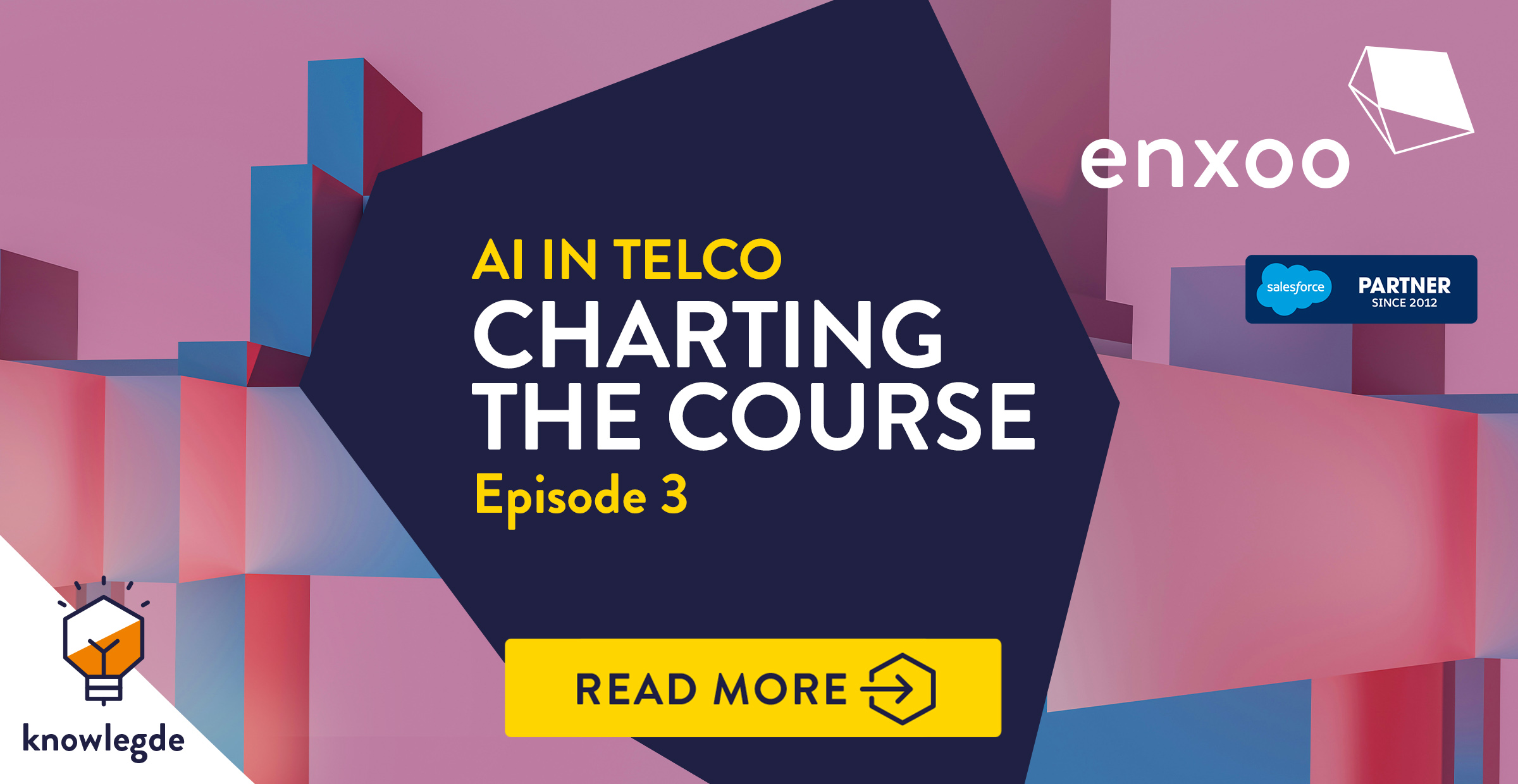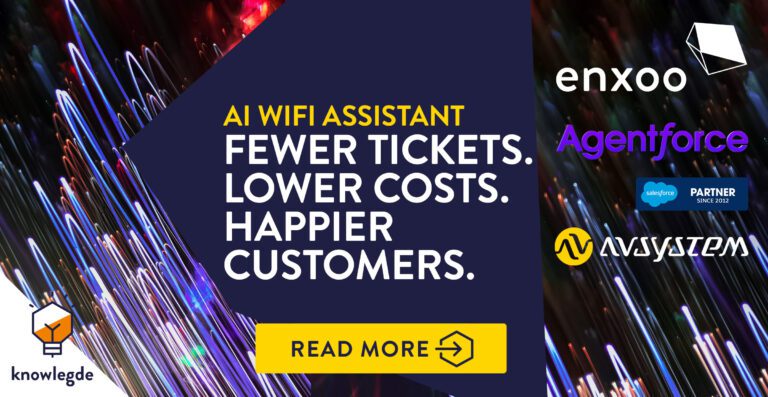In the race toward fully digital operations, telecom wholesalers face a paradox: the need for robust integration and the demand for agility. How can businesses reconcile these seemingly conflicting needs? The answer lies in combining APIs’ foundational power with AI’s transformative potential.
APIs have been the bedrock of digital transformation in telecommunications for over a decade. They enable interoperability, accelerate service delivery, and provide the technical glue between disparate systems. But while APIs promise automation, they don’t inherently deliver intelligence. That’s where SZTUCZNA INTELIGENCJA comes in.
In the third episode of our series AI in Telco: Charting the Course, we explore how combining APIs and AI can unlock faster, smarter operations in wholesale telecom—and why neither should be seen as a standalone solution.
APIs: The Language of Digital Commerce
As Georgii Saveliev from Stratus Carta puts it, APIs are like the English language of digital systems. They allow platforms to “speak” to one another, enabling key functions such as service ordering or billing. Without APIs, these basic capabilities simply can’t operate at scale.
Yet, as Krystian Drozd, Head of Communications Business Line at Enxoo, emphasizes, building those connections isn’t trivial. API integration between telecom partners can take weeks or months, and demands investment and coordination on both sides. For this reason, APIs remain most viable for larger or mid-sized players with enough volume to justify the effort.
In short, APIs are essential, but they’re not agile by default.
AI: The Accelerant, Not the Replacement
Many wholesale telecom providers are now turning to SZTUCZNA INTELIGENCJA to speed up digitalization, particularly in areas where APIs alone are too rigid, costly, or slow to implement. Use cases like AI-powered quoting engines can be deployed within weeks and require no action from partners. That means instant efficiency gains and a faster time to value.
Even so, there are key factors to keep in mind.
“AI is not a silver bullet,” says Drozd. “You still need that foundational work—your data, your systems, your APIs. Only then can AI deliver meaningful results.”
AI thrives in structured environments. Without reliable process frameworks in place, machine learning models have little to optimize. That’s why AI should be seen as a complement, not a replacement, to APIs.
Laying the Groundwork: Start with Integration, Scale with Intelligence
The consensus among our experts is clear: automation should start with APIs and scale with AI.
Tools like Enxoo for Wholesale can accelerate this journey by offering a prebuilt foundation. Rather than building digital capabilities from scratch, operators can jumpstart their transformation and customize based on their business needs.
But success isn’t just about the tools—it’s about strategy. As Ewa Jaśkowiak, Chief Commercial Officer at Enxoo, notes, identifying the right use cases, starting small, and automating the highest-friction processes first (such as quote handling) delivers measurable benefits without overwhelming the organization.
The Road Ahead: From POCs to Operational Value
The AI hype cycle is settling, and realism is finally taking the stage. For telcos, this means a unique window of opportunity. Many players already have proofs of concept (POCs) or early AI experiences. The next step is to scale what works, avoid overengineering, and focus on solutions that deliver operational impact, not just technical novelty.
It starts with APIs. It scales with AI.
This isn’t just a tagline—it’s a roadmap for the future of wholesale telecom.
🎥 Watch the Full Episode: AI in Telco: Charting the Course – Episode 3
Zaplanuj Demo lub Proof of Concept z naszymi ekspertami, aby poznać rozwiązania dostosowane do potrzeb Twojej firmy!




